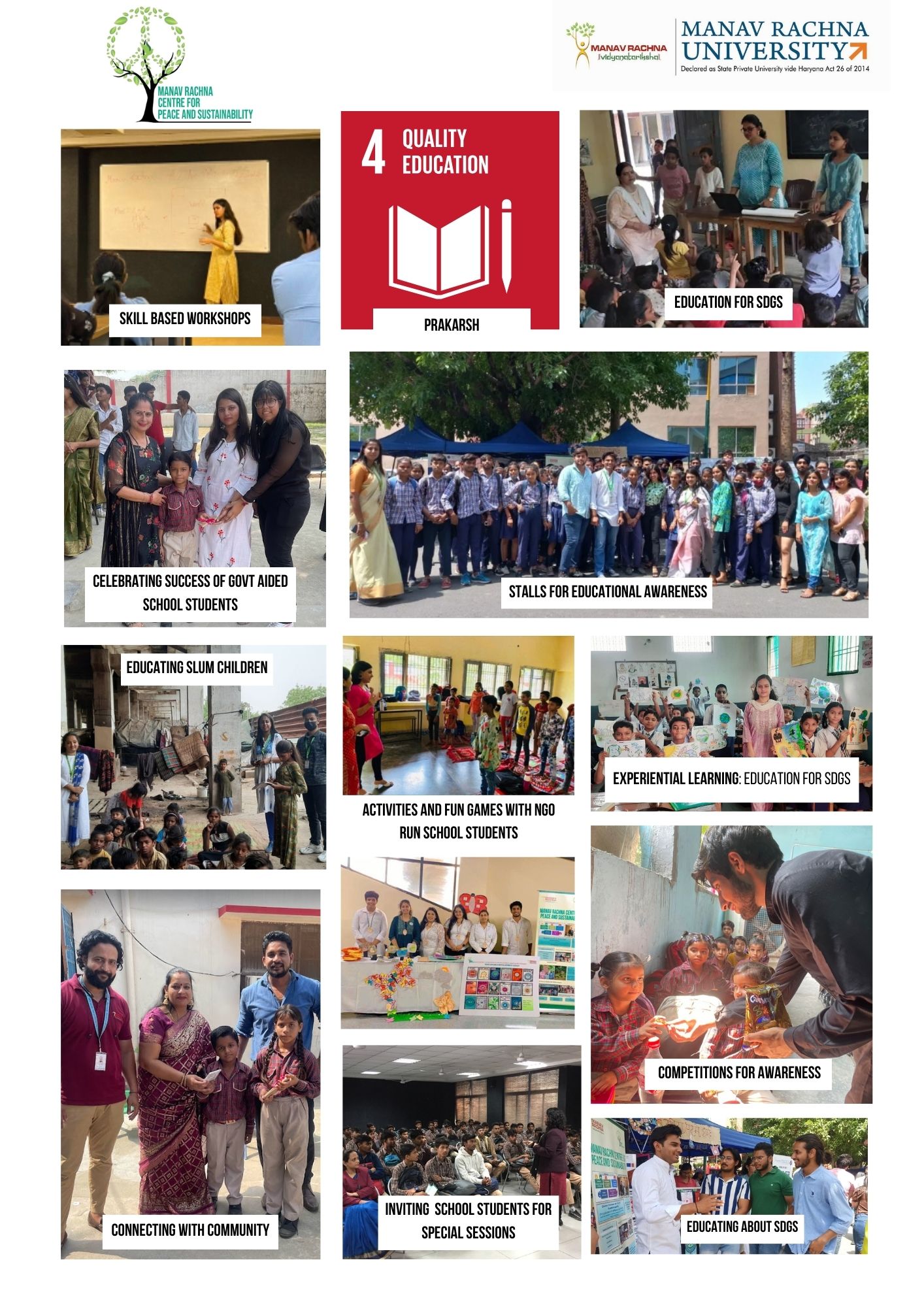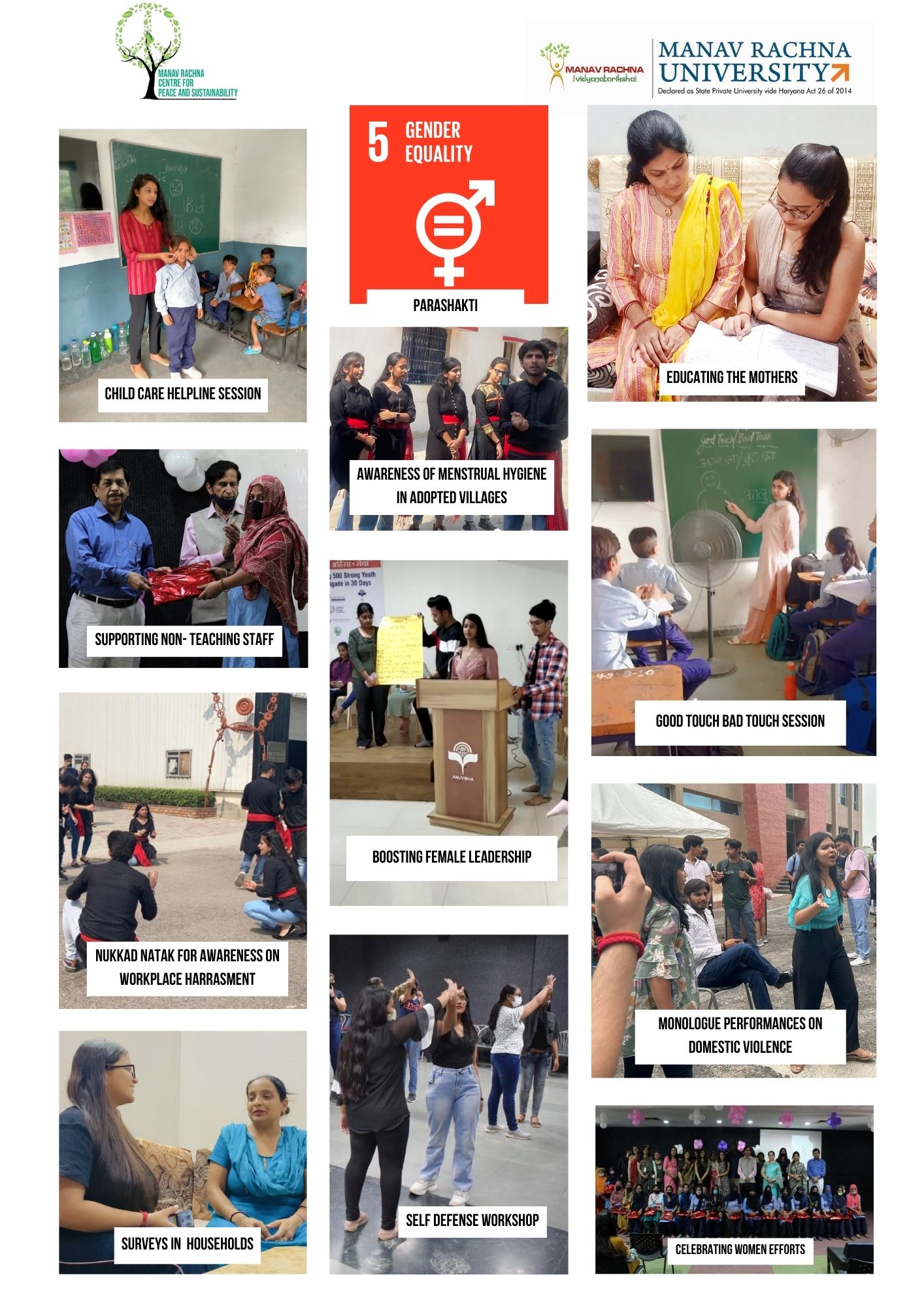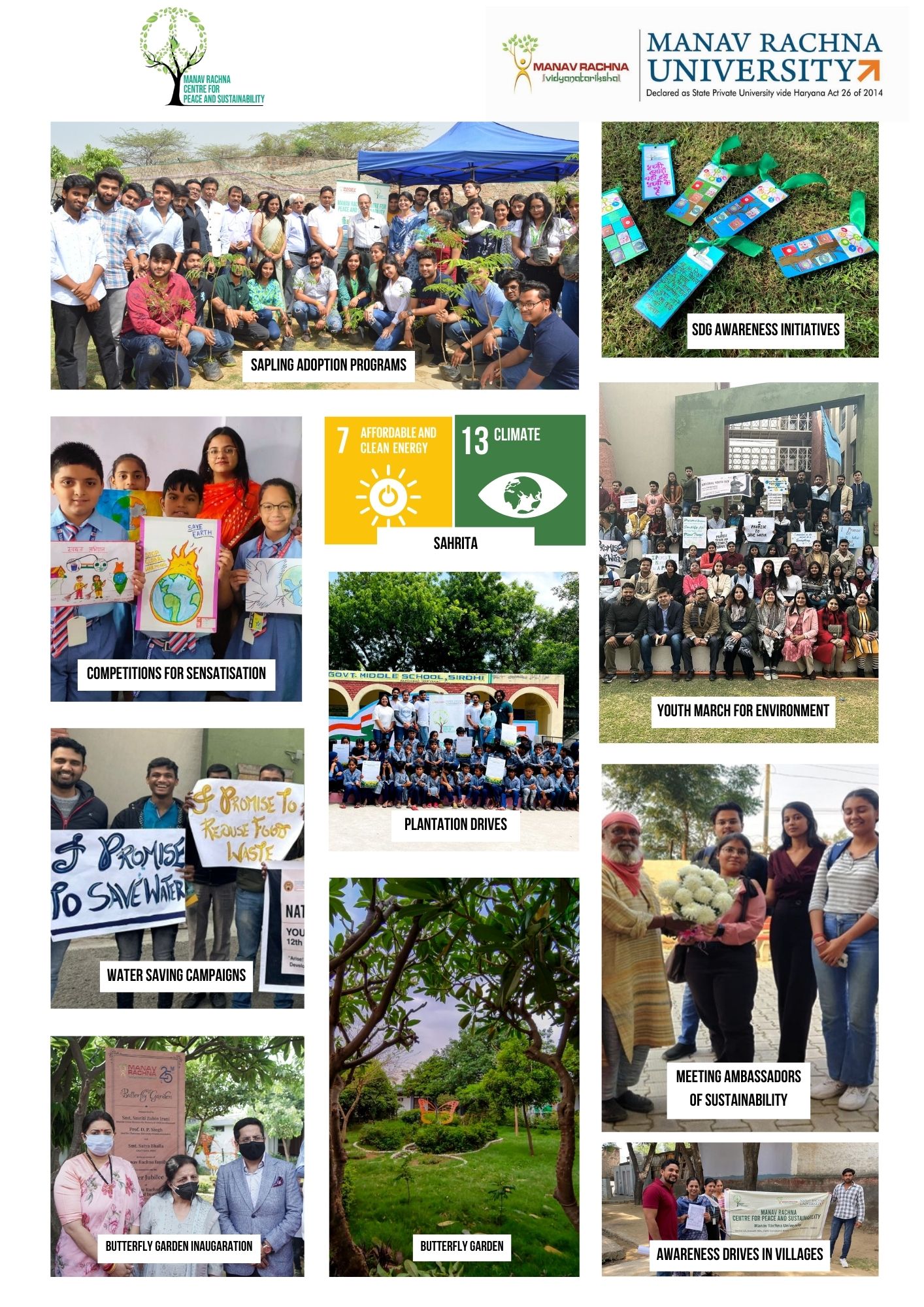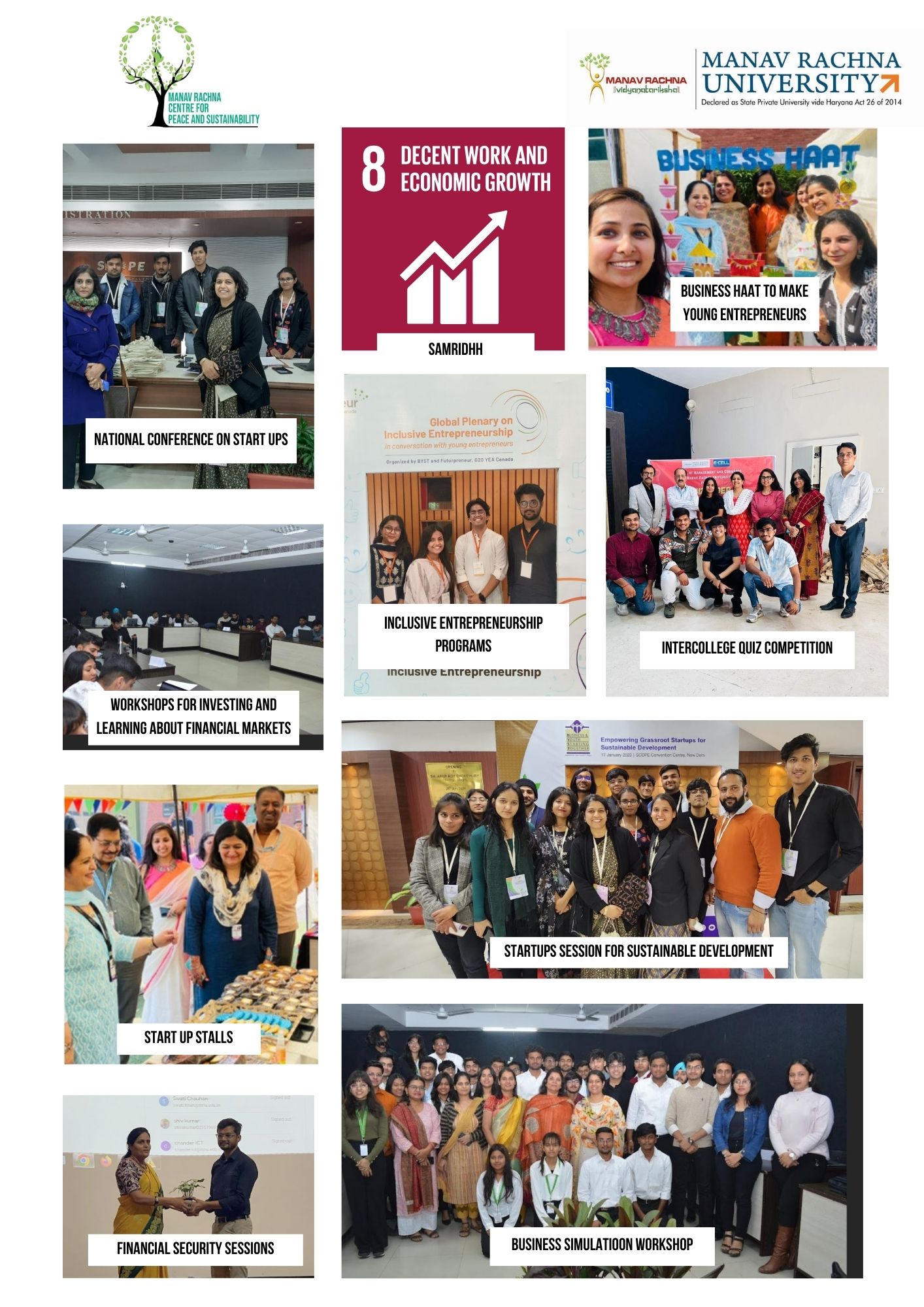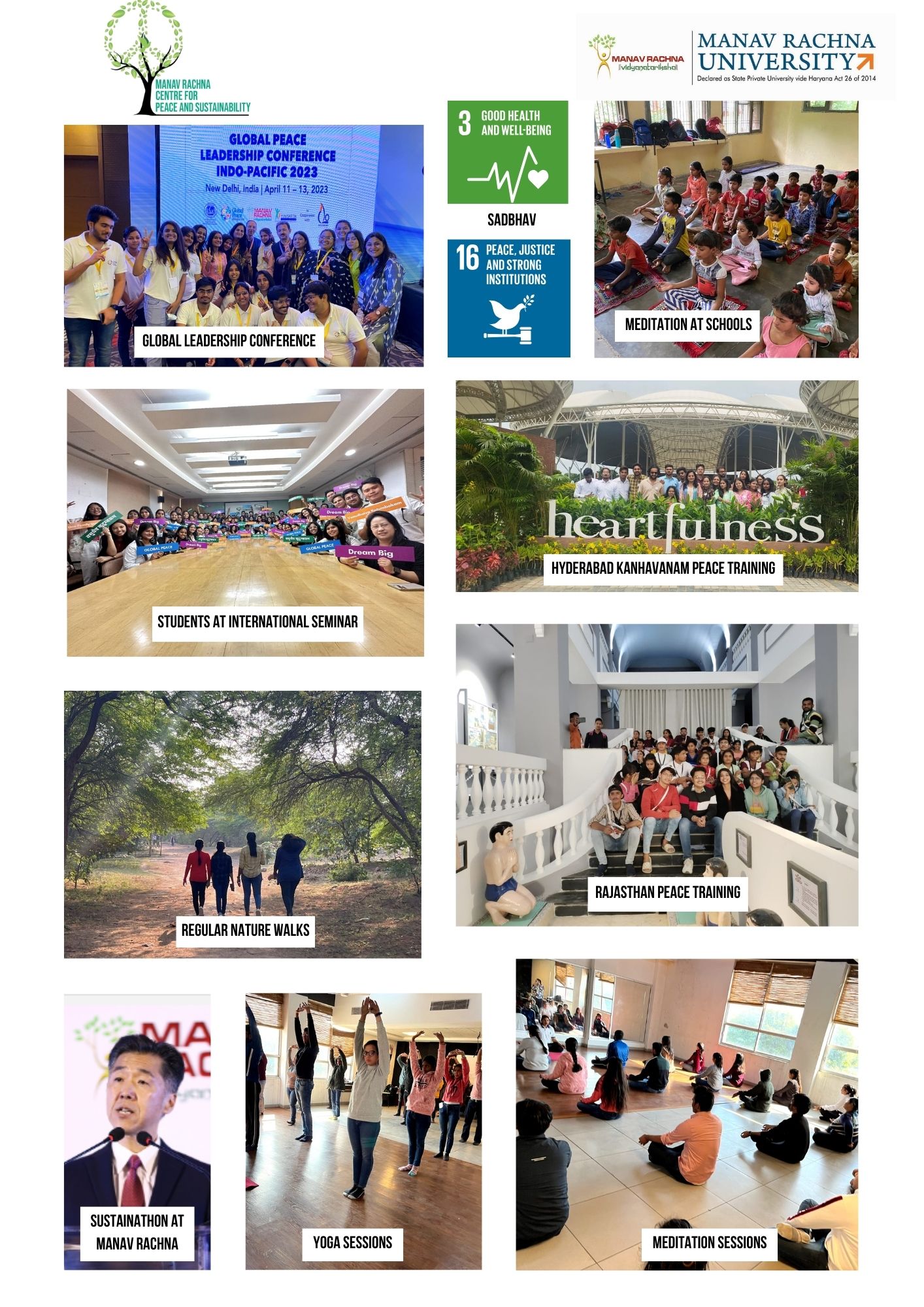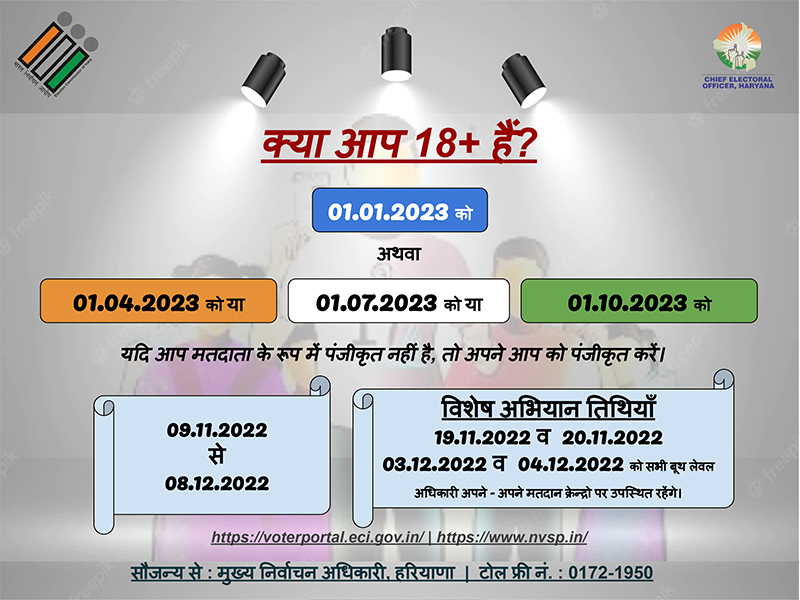PRAKARSH
SDG-4 aims to ensure inclusive and equitable quality education and promote lifelong learning opportunities for all. It supports the reduction of disparities and inequities in education, both in terms of access and quality. It recognizes the need to provide quality education for all, and most especially vulnerable populations, including children belonging to the weaker sections of the society, children with special needs, and children belonging to indigenous and refugee clans. Being an SGD of critical importance due to its transformative effects on the other SDGs, sustainable development pivots on every child receiving a quality education. With a robust support mechanism, the children are offered the tools to develop to their full potential. Thus, they become prolific individuals prepared to give back to their communities and break the cycle of poverty. Education enables upward socioeconomic mobility. The vertical ‘Prakarsh’, has been envisaged on the lines of the fourth Sustainable Development Goal (SDG- 4) on Quality Education. It ensures a steady progression towards an inclusive-equitable society which provides free yet quality education to one and all, while promoting lifelong learning opportunities for everyone.
PARASHAKTI
MRU perseveres in a continuous engagement with the local community women to promote female education and empowerment through awareness campaigns and community programs. The university reinforces promotion of its female staff in the organization based on their merit and performance. This permits the university to warrant the implementation of strategies and plan of action guaranteeing gender parity and equity. The approach directs at improving the representation of women in the university’s leadership positions along with senior academic roles. The university also provides ‘Day-care’ facilities in the campus to promote a conducive environment to work stress free for teachers and their children.
SAHRITA
The vertical Sahrita identifies with the SDG- 6 and 13 as it balances clean water and sanitization and climate action. Having been conceived on the lines of the SDG- 7 and 13 on affordable clean energy and climate action, Sahrita thrives on the peaceful cohabitation of mankind with its natural environment to build upon an ecosystem that is nurtured on the foundations of faith in the bylaws of Mother Nature.
SAMRUDDH
The vertical Samruddh is drawn on the lines of SDG-8 on Decent Work and Economic Growth. It aims to promote inclusive and sustainable economic growth, full and productive employment and decent work for our students. Where the goal aims to eliminate the worst forms of child labour, Samruddh takes a step ahead to make the students competent and skill-oriented to suit the industry needs.
SADBHAV
Sadbhav, derived from ‘Sadbhavna’, literally refers to compassion, a feeling generated across humanity through empathy, good will and faith. With Manav Rachna Centre for Peace and Sustainability focussing on the sixteenth sustainable development goal (SDG-16), ‘Peace, Justice and Strong Institutions’, Manav Rachna University (MRU) aspires to deconstruct the binaries and disparities prevalent in the society through Sadbhav. The SDG 16- Peace, Justice & Strong Institutions mandates, ‘To maintain regional and global stability’. It is an approach toward peaceful and inclusive societies for sustainable development which provides access to justice for all and recommends building effective, accountable and inclusive institutions that aim at a significant diminishing of violence and chaos on the planet we live in. With our baby steps yet sustained efforts, we have built a reliable platform to spread the message of Sadbhav entrenched in the heart and soul of MRU. Through initiatives like Wall of Peace, Sanvad, MRCPS has persistently made efforts to carry forth the legacy of Shanti, Sadbhav by reinforcing them already existing in our value systems


